The Sea Women of Melanesia (SwoM) group from Papua New Guinea and the Solomon Islands are passionate about preserving marine biodiversity. They protect the coral reefs of the Coral Triangle from the severe threats posed by ocean warming and climate change.
Combining Indigenous Knowledge and Science to Support Coral Reefs
Growing up on the island of Papua New Guinea, Naomi Longa used to dive among the beautiful coral reefs of Kimber Bay in the Bismarck Sea. She is now the director and coordinator of the SwoM program launched by the Australian-based non-profit Coral Sea Foundation in 2017.
“SwoM is a group of women from Melanesia who are passionate about marine conservation,” says Naomi Longa. “ Since 2017, the NGO has been working with local communities on marine conservation in the Solomon Islands and Papua New Guinea. The group now has over 40 members and is tasked with protecting 43 marine areas.”
Since 2019, Naomi has supported the training of over 25 women in SWoM programs in Milne Bay, Kimber and Munda, and presented on the role of Indigenous women in marine conservation at international events in Port Moresby, Sydney and Perth.
The SWoM program supports the United Nations Sustainable Development Goals on gender equality, sustainable communities and life below water. The SWoM program trains indigenous women in conservation theory, scuba diving techniques and marine biology surveys so they can identify areas suitable for coral reef protection in the arcs around Papua New Guinea (PNG), the Solomon Islands. This area has high quality marine ecosystems and significant biodiversity.
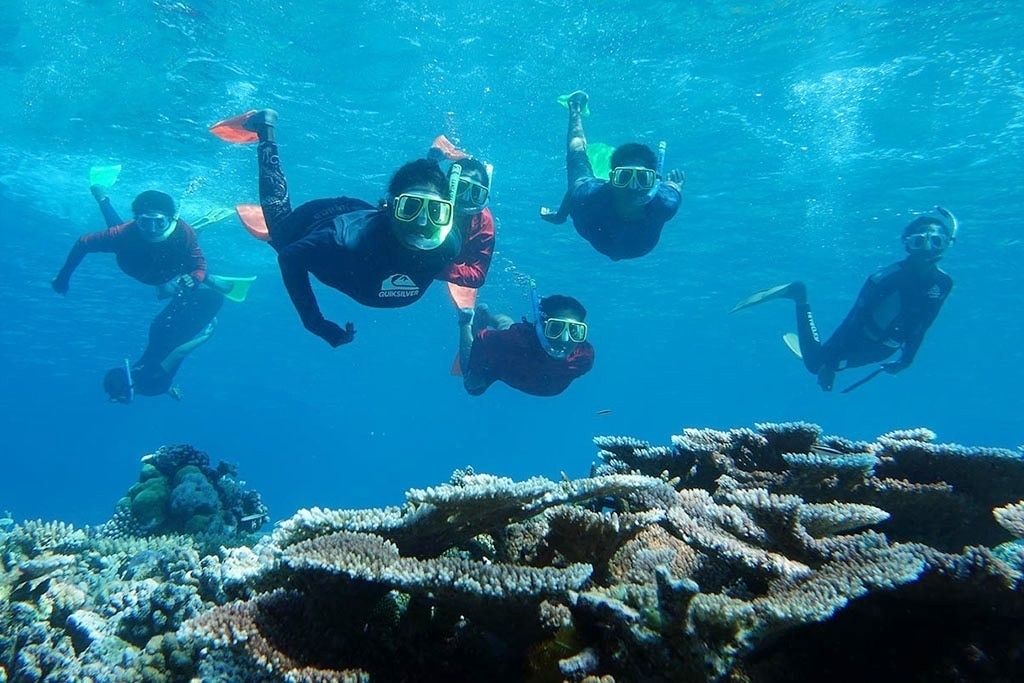 Women for the Melanesian Sea from Papua New Guinea and the Solomon Islands
Women for the Melanesian Sea from Papua New Guinea and the Solomon Islands“In the communities we target, the only source of livelihood is the sea. More than 25% of all marine species live in coral reefs, which also protect coastlines from waves, storms and floods. However, in the last 70 years, half of the world ’s coral reefs have been lost, and 90% are likely to disappear by 2050 due to climate change,” said Evangelista Apelis, Co-Director of SwoM.
As a result, SwoM trains local women in essential skills including marine science, snorkeling and underwater photography. They then help monitor and assess the impact of widespread coral bleaching on some of the world’s most endangered reefs. This gives local communities the knowledge to share, combined with science, to protect coral reefs.
Make dreams come true
In a few short years, SWoM has attracted global attention for its desire to protect its homeland for future generations. The “Champions of the Earth” award, the United Nations’ (UN) highest environmental honor, was given to SwoM in 2021. These are people who inspire, protect, advocate and take action to address the greatest environmental challenges of our time, including ecosystem protection and restoration. Previously, in 2020, SWoM received the Ocean Tribute Award at Boot Düsseldorf.
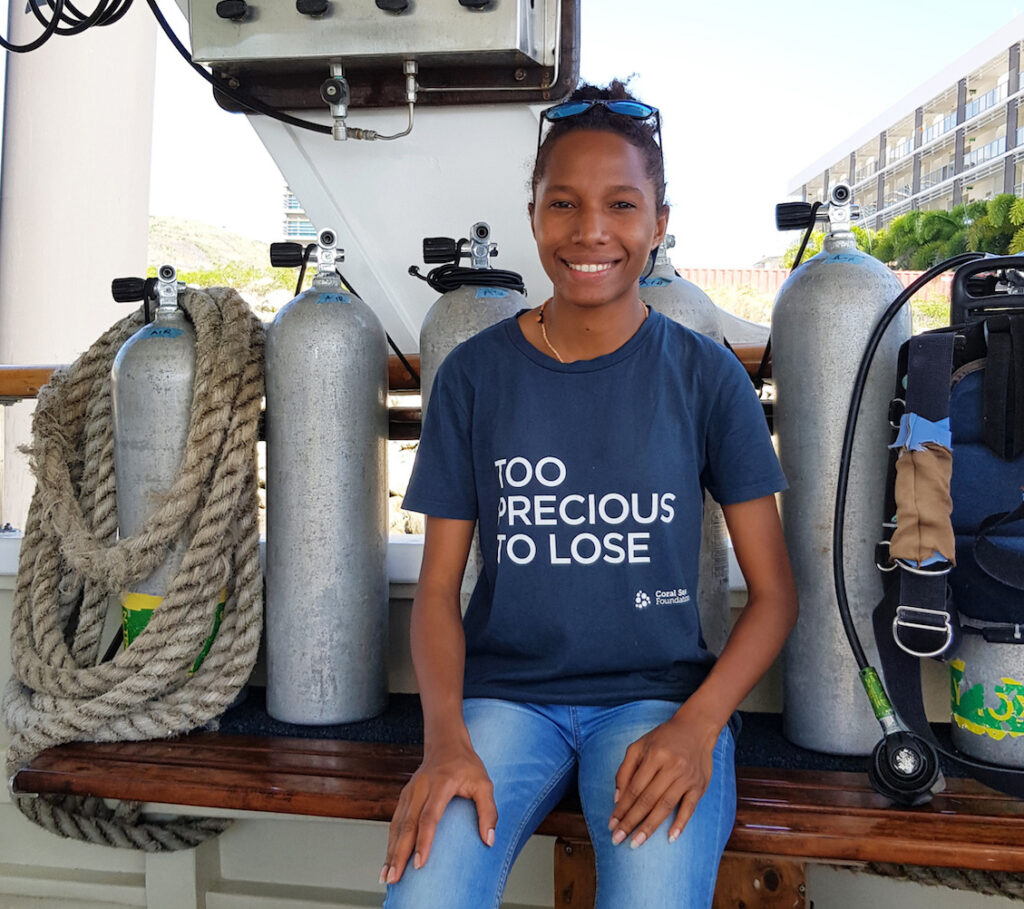
Naomi Longa - Director and Coordinator of the SwoM program
According to Naomi, coral reefs are a key resource that local communities have easy access to. Indigenous women learn the science and combine it with traditional knowledge that has been around for a thousand years. That way, they can understand how to access and conserve the ocean. Overfishing is seen as a threat to coral communities. As a result, more communities are asking for awareness workshops and more women are being trained to deliver them.
On the other hand, the variable suffix is also an issue. Like all coral reefs around the world, the Coral Triangle’s reefs are threatened by ocean warming and changes in ocean chemistry related to climate change. Therefore, SWoM focuses on increasing the capacity of women to participate in coral reef monitoring or scientific expeditions. Naomi says she wants to build a network of women across the country to help communities conserve their most important resource, coral reefs, for future generations.
Khoi Nguyen



![[Photo] Top players gather at the 2025 Nhan Dan Newspaper National Table Tennis Championship](https://vphoto.vietnam.vn/thumb/1200x675/vietnam/resource/IMAGE/2025/5/23/9ad5f6f4faf146b08335e5c446edb107)






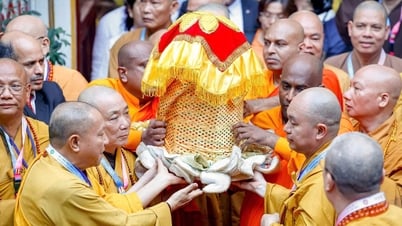





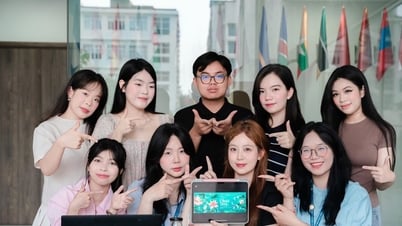

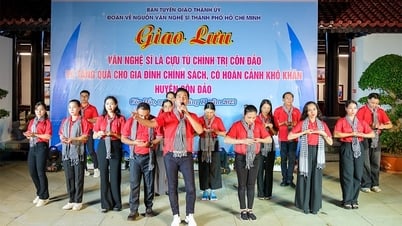





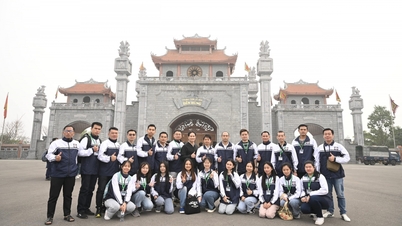
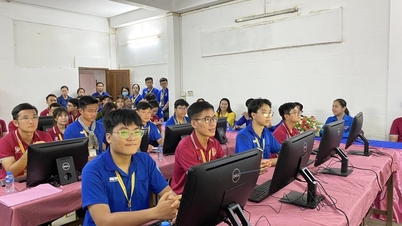

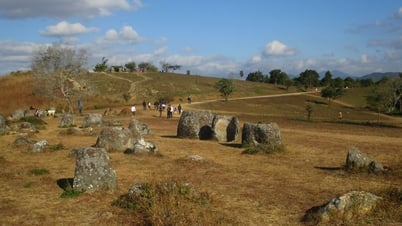
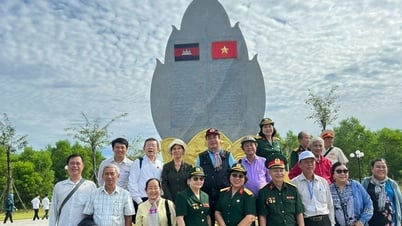









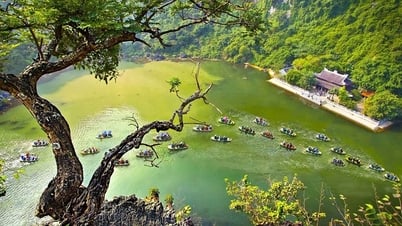










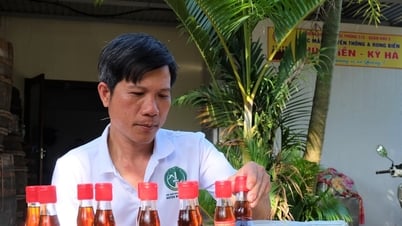




















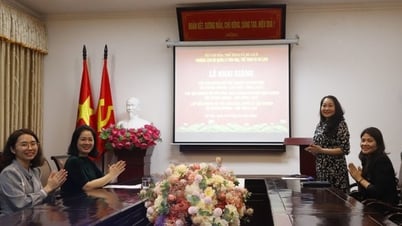

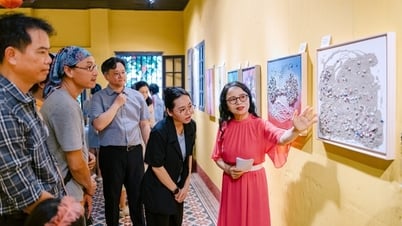
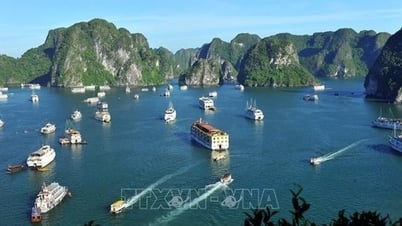






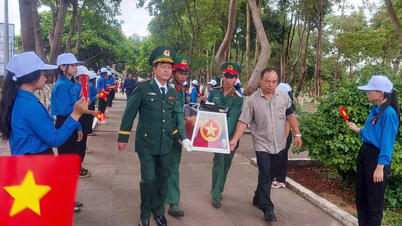
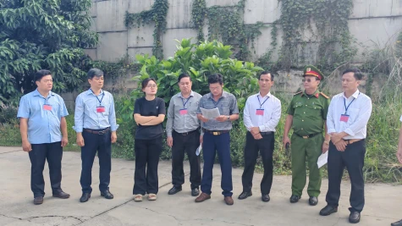

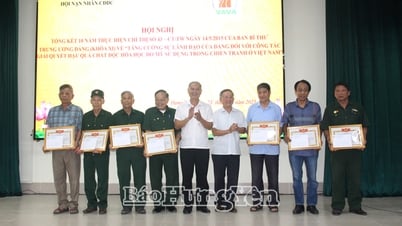











Comment (0)